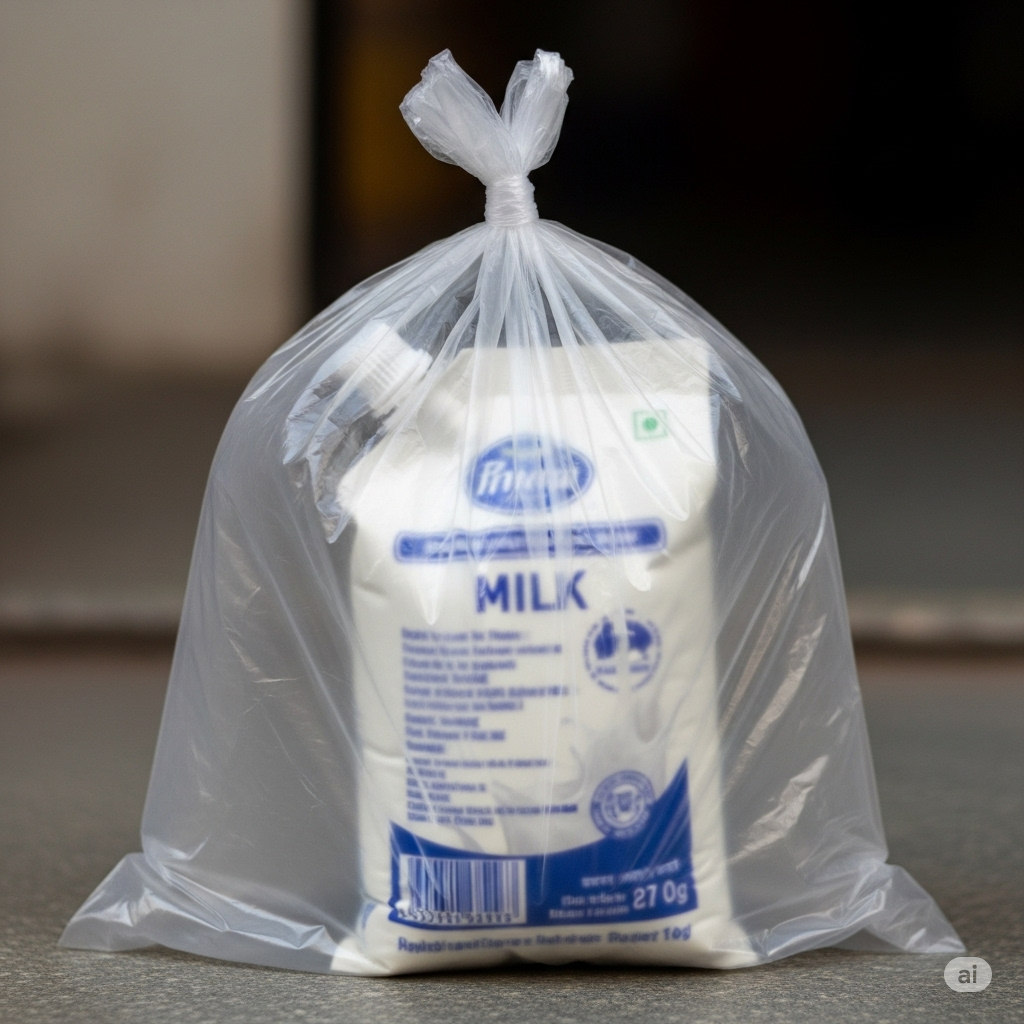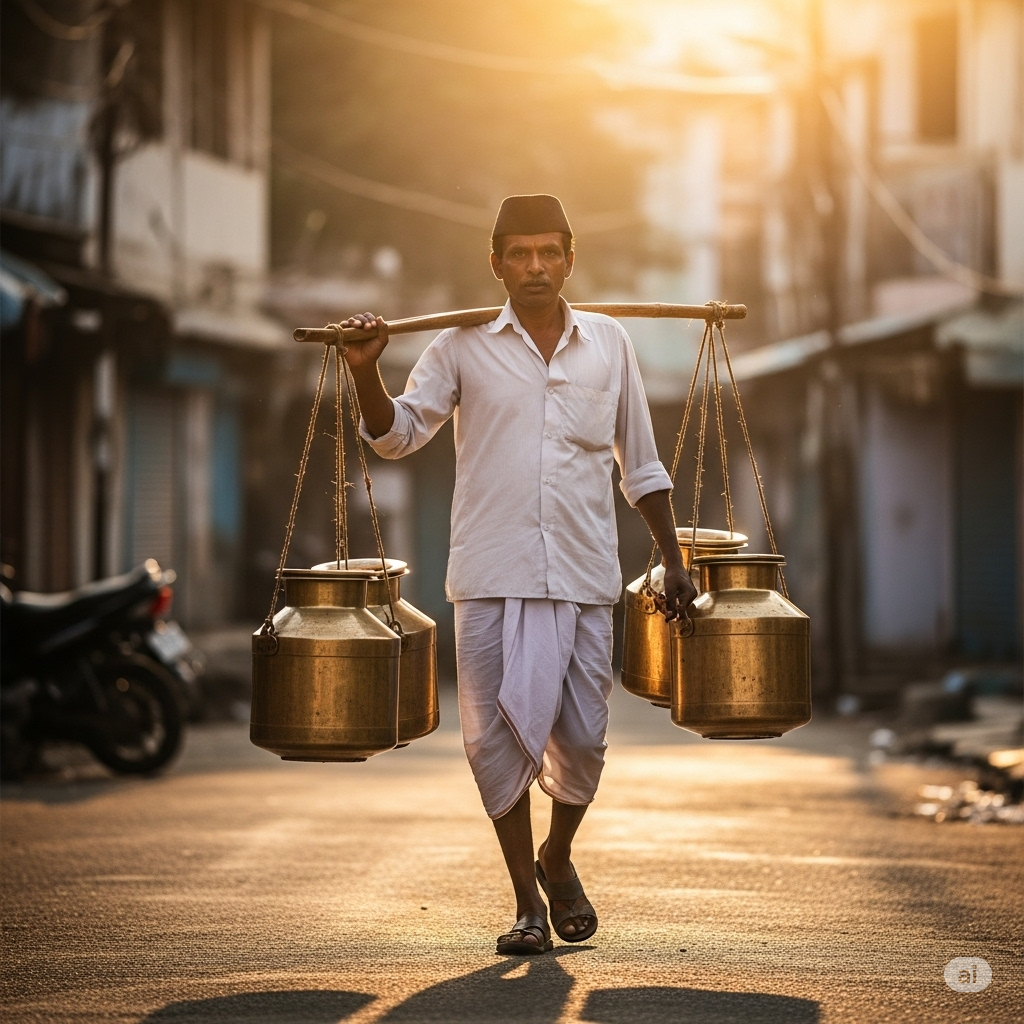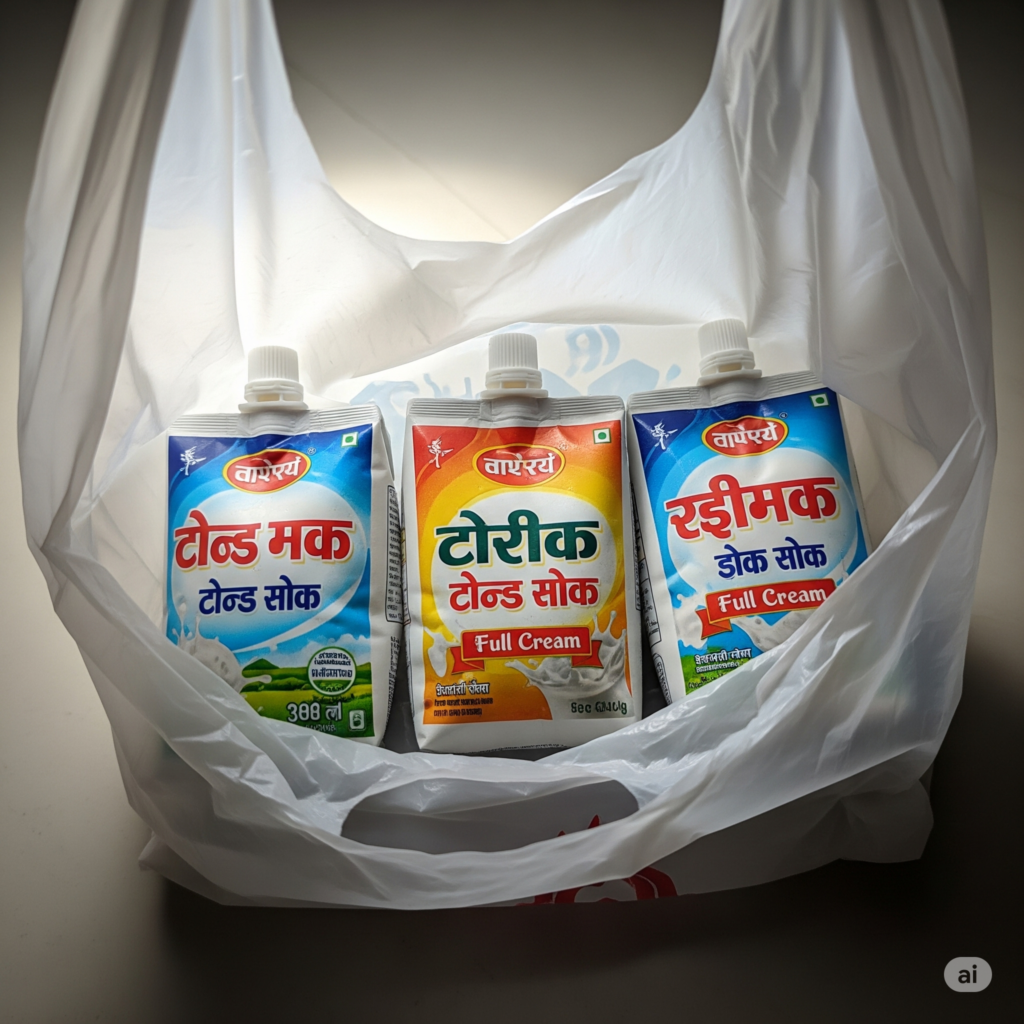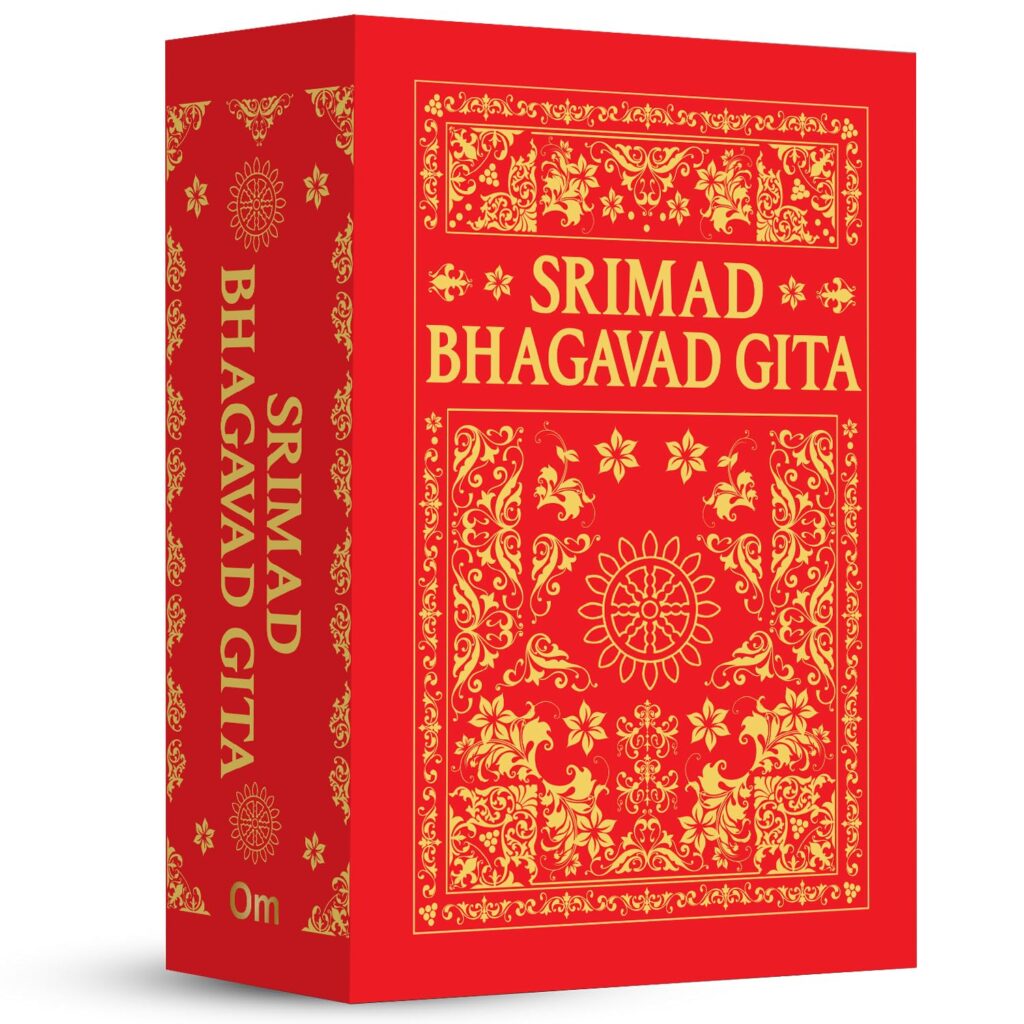Did You Have Your Morning Cuppa? If Made From Pouched Milk – It’s Pure, Wholesome Milk Packed In Poison
Preamble
I was invited to address the valedictory session at Vivekananda Global University, Jaipur on Saturday, 28 June 2025 . The theme was “SUSTAINABILITY, INNOVATION. PRACTICES, AND ADVANCEMENTS IN MANAGEMENT”.
And my valedictory was on sustainability.
My address focused on one of the most urgent issues of our time—sustainability.
Here is the transcript of my address
I began with a simple question:
“Did you have your morning cup of tea today? If it was made with pouched milk—know this: It’s pure and wholesome milk wrapped in poison.”

Each time we sip that tea, do we pause to realize we’re unknowingly standing with the enemies of Mother Earth?
By choosing convenience, we become silent partners to those corporates who sell plastic-wrapped purity, leaving toxic scars on the planet in return.
You may not be tossing plastic bags or bottles into the Ganga, Hooghly, Brahmaputra, Yamuna, Narmada, Godavari, or Kaveri.
You’re not setting forests ablaze.
But when you pick that pouch, you’re complicit – quietly, unknowingly.
Mother Earth doesn’t cry out in anger. She weeps softly,
– in choked drains,
– in rivers that no longer flow with life,
– in the empty eyes of cows that die from swallowing discarded milk pouches.
Isn’t it time we asked ourselves:
What kind of milk truly nourishes us?
The kind that poisons our land – or the kind brought in brass pots by the village cowherd, steeped in care and tradition?
A couple of years back I was travelling by taxi from Dehradun to Mussoorie. The road from Dehradun to Mussoorie winds through lush, emerald hills that shimmer under the morning sun. As you ascend, the air turns crisp and pine-scented, with sweeping views of mist-draped valleys that seem to whisper secrets from centuries past. Wildflowers bloom along the edges, and the distant mountains stretch like guardians watching over the land – a journey as soul-stirring as the destination itself.
My heart was overflowing with joy – then, in a heartbeat, it crashed to zero.
The hills, once serene and majestic, were littered with PET water bottles.
Tears welled up as I stood there in silence, grieving. And somewhere in that silence, I could hear it— Mother Earth weeping too.
I spent my childhood in Mahim, in Bombay.
Every morning, milkmen from Vasai—affectionately called Vasiwallahs would travel over 45 kilometers to deliver fresh milk in shimmering brass pots.

As the gentle morning sun kissed those pots, it felt as though the milk inside was being fortified with Vitamin D.
And oh, the joy of seeing tiny rainbows dancing on their golden curves—it was pure magic.
Dadar beach close to my house in Mahim, where I used to go for a swim regularly, experienced a prolonged period of decline due to platic pollution and neglect.
Sustainability isn’t just a concept—it’s a choice.
And that choice doesn’t start in conference rooms or government files.
It begins at home.
In your kitchen.
In your cup of chai.
When did we stop caring about where our milk comes from?
When did the soft clang of the brass pot disappear, replaced by the rustle of plastic pouches?
Convenience has become our addiction – and plastic, the silent dealer.
We’ve bought into a lifestyle that forgets the cost it leaves behind.
A milk pouch is more than just packaging.
It’s a symbol – a reminder of how far we’ve drifted from living in sync with nature.
It may claim to be recyclable, but the truth is grim:
Most of it ends up choking drains, polluting rivers and oceans, filling landfills.
With every cup, we’re not just drinking tea.
We’re slowly poisoning the future.
In villages, milk still comes in gleaming pots, warmed by the morning sun.
Not because they want to be environmental heroes – But because they never left the path of nature. We, the educated ones, did.
One sip of pouched milk at a time, we’re poisoning the future.
The other day, I saw a pouch of a packaged branded milk. It has the symbol of “recyclable”

But what the Label ‘Recyclable’ Really Means
- Most milk pouches in India are made of low-density polyethylene (LDPE), marked as plastic #4, which is technically re-cyclable.
- However, “re-cyclable” means it can be recycled under ideal conditions, NOT THAT IT WILL NECESSARILY BE RECYCLED.
The Ground Reality in India
Low Collection and Segregation Rates
- Most households do not segregate milk pouches properly.
- Mixed waste often leads to recyclable plastics being contaminated and ultimately landfilled or incinerated. Incineration depletes the ozone layer
Infrastructure Challenges
- Recycling LDPE requires specific facilities.
- India’s informal recycling sector does much of the work, but LDPE is not a preferred plastic because it’s low value and difficult to clean (due to residual milk fat/protein).
Down-cycling, Not Recycling
- Even when recycled, LDPE is often downcycled into lower-grade plastic products (e.g., garbage bags, pipes), not reused for new milk pouches.
Single-Use Plastic Problem Persists
Since the majority of pouches are used once and discarded, they still contribute to plastic pollution, especially in rivers and oceans.
What Would Be Truly Environmentally Friendly?
- Reusable delivery systems (like glass bottles or stainless steel cans in local milk delivery) — used by strong and robust brands and also some local dairies.
- Biodegradable or compostable packaging — though not widely available or affordable yet.
Improved recycling systems with consumer education and proper waste segregation.
Waste management strategies
- Minimize waste generation
- Use items multiple times
At home, I wash my everyday clothes by hand—and I don’t let that water go to waste. I collect it in drums and use it to flush the toilets. It may seem like a small act, but in a world drowning in excess, even small choices ripple wide. This is how sustainability begins—not with grand gestures, but in the quiet, mindful moments of daily life.
In Israel, water is treated like liquid gold. They use drip irrigation – a method where water travels through thin tubes straight to the roots of plants, drop by drop. It’s simple, brilliant, and saves every precious drop by reducing evaporation.
At the towering Burj Khalifa in Dubai, even the water used for air-conditioning tells a story of care. It travels through 123 kilometers of pipes to keep the building cool. And the wastewater? It’s lovingly recycled to nourish the lush gardens and sparkling fountains nearby—a desert turning green through mindful choices.
Final Thought
While calling milk pouches “recyclable” is technically accurate, it’s not the whole truth from an environmental sustainability perspective. To be truly eco-friendly, we need better systems, stronger consumer habits, and packaging innovation — not just better labels.
The Bhagavad Gita, while not an environmental manual in the modern sense, offers deep wisdom that promotes harmony with nature, respect for the Earth, and a sense of duty toward all living beings — which perfectly supports your message on sustainability.
Here are two powerful verses from the Shrimad Bhagavad Gita that resonate with environmental consciousness:

Shrimad Bhagavad Gita – Chapter 3, Verse 14
This verse explains the cycle of harmony between humans, nature, and duty. When we disrupt this cycle through irresponsible consumption (like using non-biodegradable milk pouches), we break the link that sustains life. Protecting the environment is not optional—it is our dharma.
Shrimad Bhagavad Gita – Chapter 5, Verse 18
This verse speaks about the sacred cycle of life – how food, rain, nature and duty are interwoven. By disruotiong this cycle with pollution and consumeris. We go against dhama. Sustainability is therefore a spiritual obligation.
Shrimad Bhagavad Gita also advocates equality and reverence for all life forms.
When we pollute our environment with plastic waste, we harm animals like cows, birds, and marine life. A truly wise person sees them as equal and protects their right to life. True sustainability begins with this sense of oneness.
Today, I’m not here to give you a lecture. I’m here to invite you to remember. To reawaken your conscience. I want you to rethink the everyday choices that connect or disconnect us from Mother Earth.
Shrimad Bhagavad Gita also speaks of the sacred cycle of life — how food, rain, nature, and duty are interwoven. By disrupting this cycle with pollution and consumerism, we go against dharma.
Sustainability is, therefore, a spiritual obligation.
Sustainability is not a new-age buzzword. It is ancient wisdom, forgotten in plastic. And if we truly love our planet, our soil, and our future, we must ask:
Can we begin by simply rejecting the milk pouch and returning to the brass pot?
I call upon the management of Vivekananda Global University to initiate a movement “Let’s Drink Milk From Brass Pots”
After this session with the Vivekananda Global University, , I prepared a personal manifesto for sustainable living
My Personal Manifesto for Sustainable Living
A Promise to my Mother Earth, from One Heart to Another
I believe sustainability is not a grand idea reserved for experts—it’s a deeply personal choice.
It lives not in boardrooms or policies, but in the quiet corners of our homes, in the beating of our hearts, in the everyday things we choose to do—and not do.
I choose to live with intention.
I wash my own clothes by hand, and reuse the water for flushing—because every drop matters.
I notice the milk I drink—not just for its taste, but for the journey it takes to reach me. I ask: does it nourish Mother Earth as much as it nourishes me?
I find beauty in brass pots and glass bottles, in cloth bags and compost heaps.
I see rainbows dance on metal, and hear the whispers of Mother Earth in a flowing river—or in a choked drain.
She speaks softly. I choose to listen.
I refuse to be hypnotized by convenience.
I will not be lulled by plastic wrapped in promises or by lifestyles built on forgetting.
I hold on to old wisdom—and embrace new ideas—only if they leave gentler footprints behind.
I draw inspiration from a cowherd in a village, from a farmer who waters roots instead of leaves, from cities that cool their towers and water their gardens without waste.
If they can do it, so can I.
This is not about being perfect—it’s about being mindful.
This is not a sacrifice—it’s a return. A remembering.
To live close to nature is not a trend. It’s how I honor my mother—**Mother Earth.**
Every act matters. Every gesture speaks.
And in the silence of my choices, I hope the Earth hears this whisper of love.
I am not just a consumer. I am a custodian.
And this planet is not just my home—it is my responsibility.
IMAGES – COURTESY GEMINI